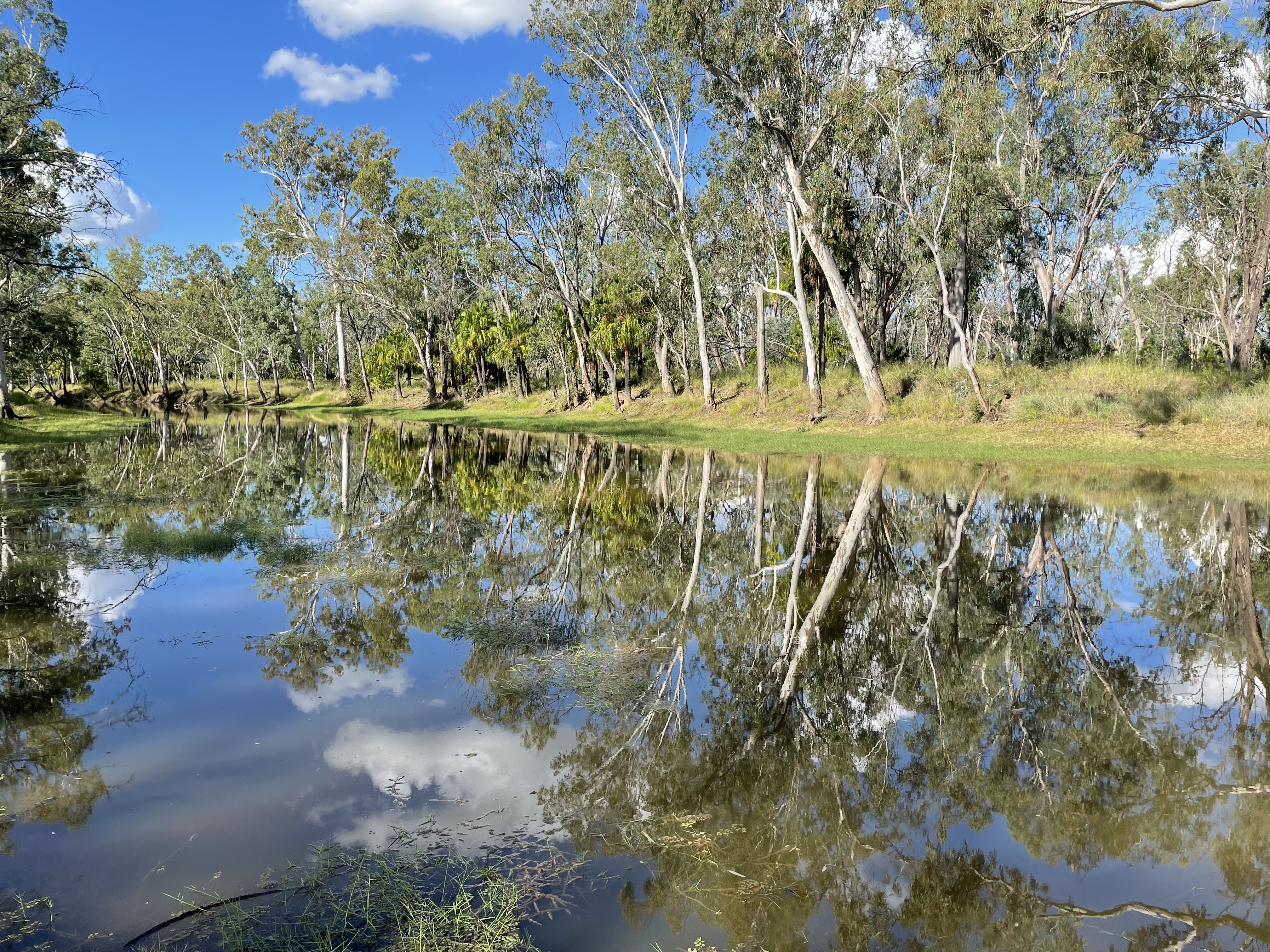Environmental Sustainability

Policy
Council is committed to sound environmental practice and the integration of ecologically sustainable development principles into Council activities.
The Environment and Sustainability Policy outlines how Council will safeguard, preserve and improve the quality of the natural environment through its operations, decision-making, and activities as a local government.
Environmental Obligations
Legislative environmental obligations are placed on individuals and organisations to protect the natural environment. For example, the Environmental Protection Act 1994, places three primary duties on all Queenslanders:
- General environmental duty
- Duty to notify of environmental harm
- Duty to restore the environment.
For more information please visit the Department of Environment, Science and Innovation webpage Meeting environmental obligations and duties.
These free resources provide information about Queensland’s biodiversity, geology, soils and water resources down to a local scale:
- Queensland Globe – a mapping tool containing several environmental data layers. Visit the help section for video tutorials and layer catalogue.
- FORAGE Reports – customised reports for a land parcel including details on soils, drought assessment, ground and tree cover, land type, and carrying capacity.
- Vegetation Management Reports – information on regional ecosystems, watercourses, regulated vegetation, protected plants and threatened species habitat.
- Environmental Reports Online –information and reports for environmental values, by location.
- Protected Matters Search Tool – an Australian Government mapping and reporting tool to identify matters protected under the Environmental Protection and Biodiversity Conservation Act 1999.
The Australian Government’s Your Home website is an independent guide to environmentally sustainable, comfortable, energy efficient and resilient homes. Tips and technical advice are provided on designing, building and renovating.
Sustainable living means choosing a lifestyle that reduces the impact we have on the environment.
To live more sustainably:
- Start a worm farm or compost bin
- Minimise food waste
- Use more energy efficient appliances
- Grow your own fruit and vegetables
- Reduce single use plastic
- Plant more native plants
- Reduce, reuse, recycle or re-purpose
- Encourage native wildlife and habitat
- Become waterwise
- Recycling responsibly (A-Z of Banana Shire Waste Recycling and Disposal)
- Homemade gift giving and festive food
- Become a member of a community garden
- Protect waterways
